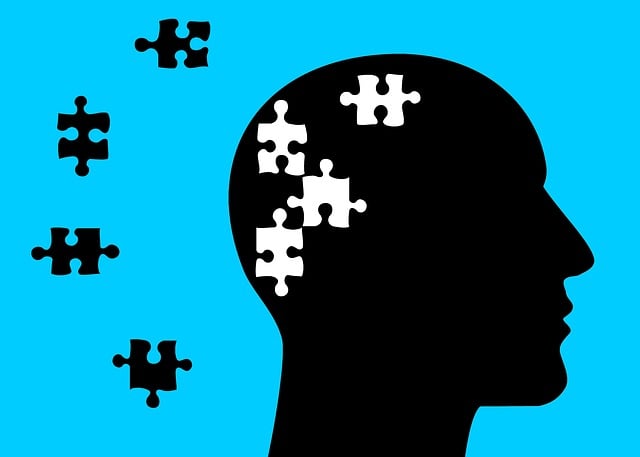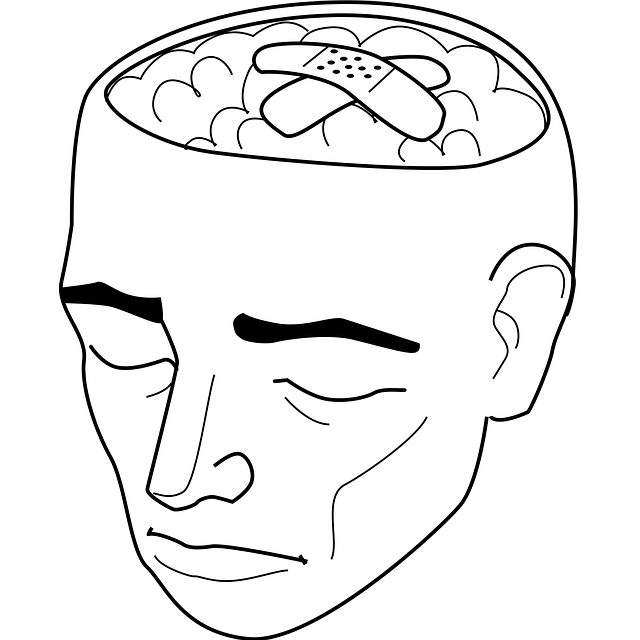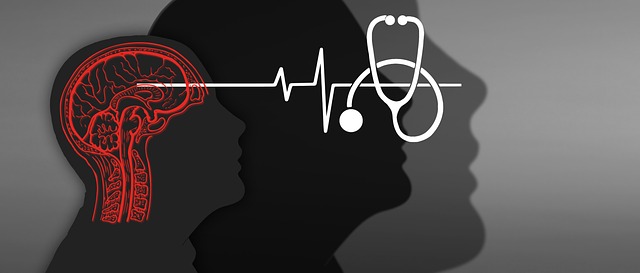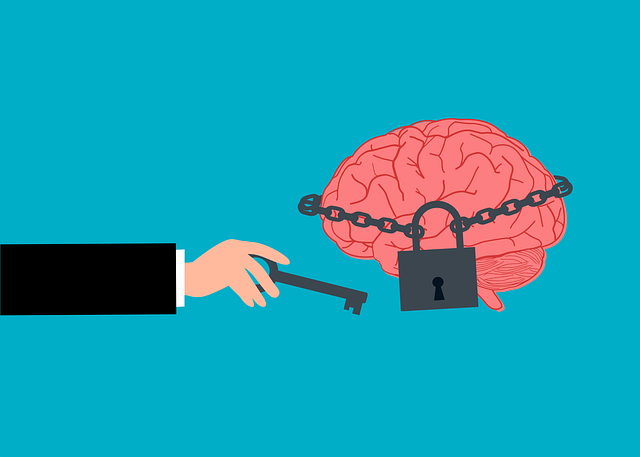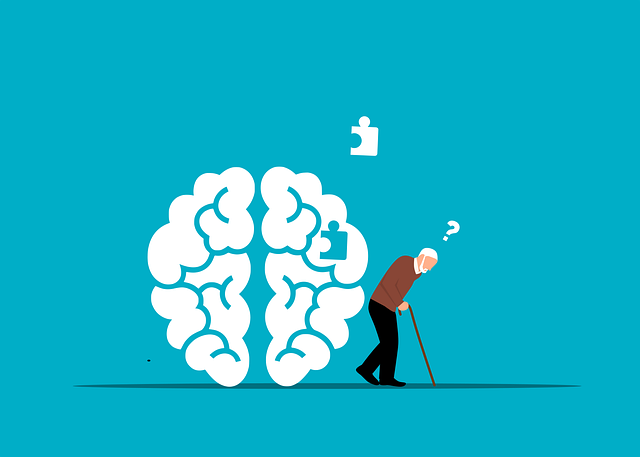Emotional intelligence (EI) is a powerful tool for women facing Centennial Women's Issues, enabling them to manage emotions, empathize, and build healthier relationships. Research shows high EI reduces anxiety and depression, crucial for combating societal biases. Integrating EI into therapy, especially for mental health professionals, prevents burnout and enhances coping mechanisms. Identifying emotional triggers through introspection, self-awareness exercises, and healthy habits improves resilience. Empathy building fosters deeper connections and supportive communities, vital in complex social environments. Effective communication, a key EI aspect, promotes well-being, resolves conflicts, and supports mental health awareness, especially in Centennial Womens Issues Therapy. Public awareness campaigns focused on these skills are essential for individual growth and community support.
Emotional intelligence (EI) is a powerful tool for women’s well-being, offering a path to navigate complex emotional landscapes. This article explores the profound impact of EI on women’s lives and provides practical strategies to enhance this essential skill set. We delve into understanding EI, identifying personal triggers, and cultivating empathy. Additionally, it offers insights into building resilience and improving communication, addressing critical aspects of women’s mental health, particularly within the context of Centennial Womens Issues Therapy.
- Understanding Emotional Intelligence and its Impact on Women's Well-being
- Identifying Emotional Triggers and Developing Self-awareness
- Enhancing Empathy: Understanding and Supporting Others' Emotions
- Practical Strategies for Building Resilience and Effective Communication
Understanding Emotional Intelligence and its Impact on Women's Well-being

Emotional intelligence (EI) is a critical component of overall well-being, especially for women navigating various Centennial women’s issues. It involves recognizing, understanding, and managing one’s emotions while also empathizing with others’ emotional states. This skill set is instrumental in fostering healthy relationships, making informed decisions, and promoting personal growth. For women, who often bear the brunt of societal expectations and biases, EI can be a powerful tool for self-preservation and mental health maintenance.
Research highlights that high emotional intelligence is linked to reduced symptoms of anxiety and depression, which are prevalent among women facing gender-specific challenges. Moreover, it aids in stress management, conflict resolution, and building supportive networks. In the context of therapy and healthcare, promoting EI can be a game-changer, especially when considering the growing need for burnout prevention strategies for healthcare providers, including mental health professionals. By integrating EI into treatment plans, therapists can enhance their clients’ coping mechanisms, ultimately contributing to improved outcomes and better quality of life. This is particularly relevant in addressing the unique risk assessment considerations for women’s mental health.
Identifying Emotional Triggers and Developing Self-awareness

Identifying emotional triggers is a powerful step in building emotional intelligence and addressing women’s issues in therapy. It involves recognizing the unique patterns that set off strong emotions, which can vary greatly from person to person. Through introspection, individuals can uncover specific situations or interactions that trigger feelings of stress, anxiety, or anger. This awareness allows for better understanding of one’s emotional responses, enabling a more controlled reaction rather than impulsive behavior.
Developing self-awareness is crucial in this process. It means paying attention to physical sensations, thoughts, and behaviors associated with these triggers. Healthcare providers, in particular, can benefit from cultivating inner strength by adopting burnout prevention strategies. By practicing self-care and incorporating healthy habits into their routines, they enhance their emotional resilience, which is essential for supporting clients navigating complex emotions. This journey towards higher emotional intelligence fosters more meaningful connections and effective therapy sessions, addressing not just symptoms but also the root causes of distress.
Enhancing Empathy: Understanding and Supporting Others' Emotions

Empathy is a cornerstone of emotional intelligence, enabling individuals to understand and support others’ feelings. It involves recognizing emotions in oneself and others, along with responding thoughtfully and compassionately. In today’s complex social landscape, where various challenges impact mental wellness, fostering empathy can significantly contribute to building stronger relationships and creating more supportive communities.
At Centennial Women’s Issues Therapy, we recognize that enhancing empathy is a crucial aspect of inner strength development. Our experts guide individuals through self-awareness exercises designed to help them connect with their emotions and those of others. By cultivating empathy, people gain valuable insights into the experiences of their peers, fostering an environment where emotional support and understanding thrive. This, in turn, can lead to improved communication and stronger bonds within personal and professional relationships.
Practical Strategies for Building Resilience and Effective Communication

Building emotional intelligence (EI) is a powerful tool for personal growth and navigating life’s challenges, especially in today’s fast-paced world where burnout prevention strategies for healthcare providers are increasingly important. Resilience, a key component of EI, enables individuals to adapt and bounce back from setbacks and stress. One practical strategy to enhance resilience is cultivating self-care routines for better mental health. This involves setting boundaries, prioritizing rest and relaxation, engaging in regular physical activity, and practicing mindfulness techniques like meditation or deep breathing exercises. By incorporating these habits into daily life, individuals can improve their ability to manage emotions, reduce the impact of stress, and foster a sense of inner strength.
Effective communication is another vital aspect of EI that contributes to overall well-being, particularly in addressing Centennial Women’s Issues Therapy. It involves active listening, expressing thoughts and feelings clearly, and empathy—the ability to understand and share the feelings of others. Public awareness campaigns development focused on emotional intelligence can play a significant role in teaching these skills. By learning to communicate effectively, individuals can build stronger connections with others, resolve conflicts more constructively, and promote healthier relationships, both personally and professionally. These strategies are essential not only for individual growth but also for creating supportive communities that prioritize mental health awareness.
Emotional intelligence is a powerful tool for women’s well-being, as evidenced by its positive impact on various aspects of life. By understanding and managing their emotions, women can navigate complex personal and professional environments with greater ease. Through self-awareness, empathy, and effective communication, individuals can foster healthier relationships and build resilience to challenges, ultimately enhancing their overall quality of life. This journey towards emotional intelligence is a testament to the transformative power of therapy in addressing Centennial Women’s Issues, empowering women to lead more fulfilling and balanced lives.


